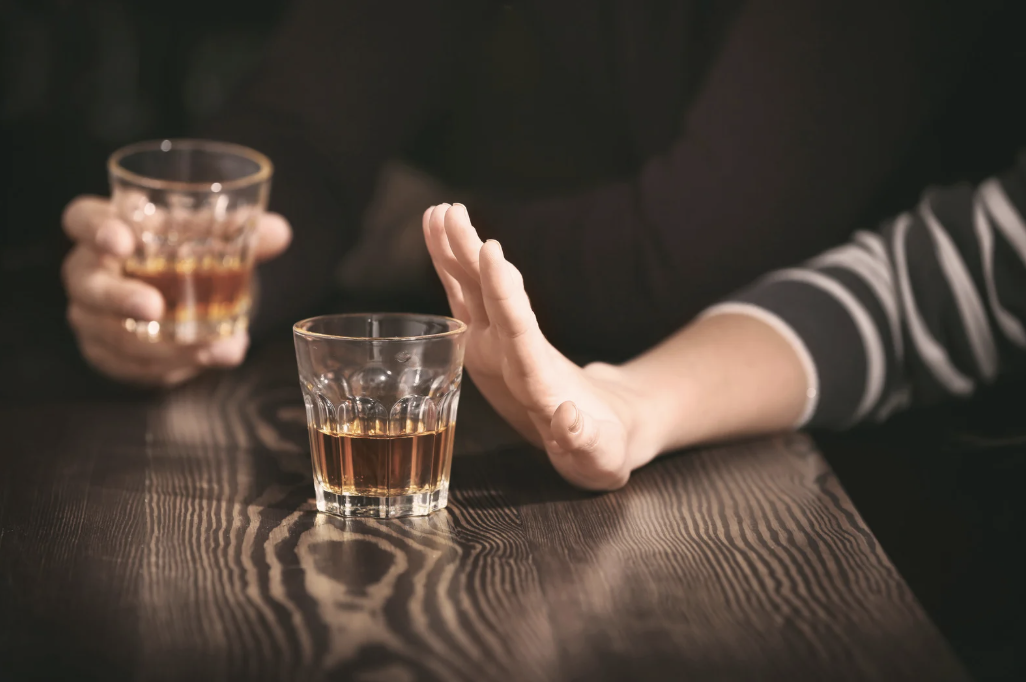Key Takeaways
- It’s usually alcohol, not its absence, that can stir up long-term irritability and anger.
- Living substance-free might feel rough at first, but many people end up feeling calmer, clearer, and happier over time.
- If you’re curious about cutting back, being “sober curious” is a great way to see what life feels like without alcohol—and St. Joseph Institute in Pennsylvania can help you start.
Living substance-free isn’t always sunshine and smoothies. The first few weeks can feel unbearable, weird, frustrating, or even enraging. But over time, most people who cut alcohol out say they feel way better, and perhaps even less angry, than before. Even if you’re not in recovery, just thinking about drinking less can put you in good company—especially if you feel your drinking is suppressing, worsening, or affecting your feelings of anger in any way.
The sober curious crowd is full of people who just want to feel more present and in control, and this article can help you figure out whether sobriety actually makes you angry or if alcohol is the one quietly turning up the heat.
Does Sobriety Make You Angry?
Not really. What most people call sobriety is just living substance-free. And while it can feel rocky at first, it usually gets easier once your body and mind settle into a new rhythm. Early on, anger can pop up because your brain is learning how to balance itself again without alcohol. But research shows that people who use substances tend to have way higher anger levels than those who don’t.
That’s because alcohol messes with how your brain handles emotions and stress. When alcohol mixes with different drugs, like cocaine, for example, your body creates chemicals that make irritability and aggression last longer and stronger. You can learn more about how this mix often shows up in co-occurring substance use.
Here’s how alcohol and other substances can make anger worse:
- Mood rollercoaster. Alcohol weakens the part of your brain that helps control impulses, so emotions can swing from zero to sixty fast.
- Foggy thinking. Substances make it harder to focus or think clearly, so little frustrations can feel like huge problems.
- Bad sleep. Alcohol might help you fall asleep, but it ruins deep rest, leaving you tired and cranky the next day.
- Chemical chaos. Mixing alcohol with other substances can create longer-lasting compounds that trigger mood swings and aggression.
So it’s not actually being substance-free that causes anger. It’s more likely the drinking or mixing that fans the flames. If you’ve been snappy, irritable, or easily frustrated lately, it might not be life that’s changing. It might be your relationship with alcohol. If that’s starting to click, you might be curious about what cutting back could feel like.
What’s the Sober Curious Method?
You’ve probably seen people try Dry January or Sober October. That’s the basic idea behind being ‘sober curious’. It’s not about rules or labels. It’s just about getting curious about how drinking fits into your life and whether it’s helping or hurting.
Some people give it up for a month to reset. Others just start saying no more often or switch to mocktails when they’re out with friends. Brown University says this kind of curiosity can spark big changes because it helps you slow down and notice how alcohol really affects your energy, focus, and mood.
We’re calling it sober curious because that’s what people know it as. But if you want to learn more about everyday recovery language, check out this guide to recovery slang.
Sober Curious Next Steps: What Are the Benefits of a Substance-Free Life?
If you don’t have substance use disorder (SUD), you don’t have to swear off alcohol forever to want a healthier relationship with it. Maybe you just don’t want to rely on it every time you’re stressed or upset, and that’s a great reason to start. If you ever notice that stress creates alcohol cravings, you can read these tips for staying substance-free during transitions for simple ways to stay grounded.
Once you step away from alcohol, even for a little while, you might notice that your emotions feel steadier and your body feels lighter. Here are a few common perks people notice when they take a break:
- Better sleep. Without alcohol messing with your sleep cycle, you could start waking up rested instead of groggy and grumpy.
- Better mood. Your emotions even out, and you might notice less anxiety or random sadness.
- Better health. Your liver gets a break, your risk for certain cancers drops, and your body may feel like it has more energy.
- Fewer regrets. You could start to stop saying and doing things you don’t mean, which could help make your relationships calmer and more stable.
- More money. Cutting back can mean saving cash for things that actually bring you joy instead of another round.
Explore Recovery Options in Pennsylvania
If you’re curious about going substance-free or just want to talk to someone about what cutting back could look like, help is right here in Pennsylvania. You can look into outpatient programs in Wexford if you need flexibility, or try residential programs in Port Matilda for a deeper reset. Wherever you start, each step toward a substance-free life is a step toward a calmer, more grounded version of you.


